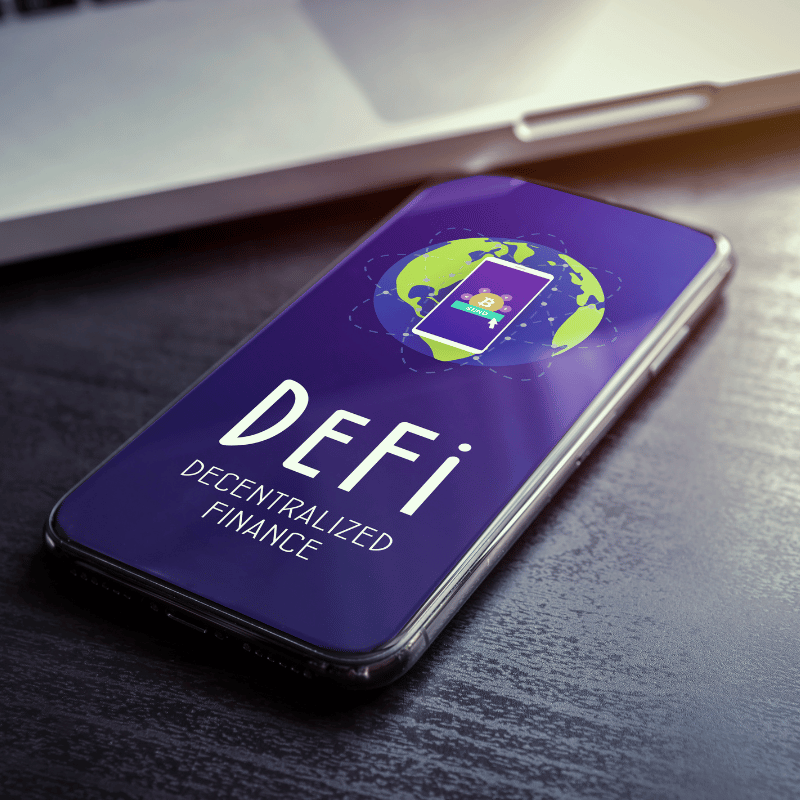The dawn of blockchain technology, primarily recognized for birthing cryptocurrencies like Bitcoin and Ethereum, has unfolded chapters far beyond its initial pages. It has showcased a spectrum of revolutionary applications across diverse sectors, hinting at a future where transparency, efficiency, and security lead the digital era. From redefining supply chain logistics to ensuring the integrity of voting systems, blockchain’s potential to overhaul traditional processes is undeniable.
Blockchain Technology: The Foundation of Digital Evolution

Blockchain’s journey from a novel concept to a foundational technology mirrors the digital world’s rapid evolution. Initially devised as a ledger for Bitcoin transactions, its utility has transcended cryptocurrency, touching the pillars of various industries.
The Backbone of Supply Chain Management
Imagine a world where every product’s journey from manufacture to market is transparently mapped. Blockchain makes this possible by providing an immutable record of transactions, significantly enhancing supply chain integrity. This not only curbs counterfeiting and fraud but also paves the way for superior quality control and waste reduction.
Revolutionizing Voting Systems
In the realm of governance, blockchain emerges as a beacon of trust and efficiency. By enabling secure and transparent record-keeping of votes, it promises an electoral process free from fraud, thereby enhancing democracy’s integrity. The facilitation of remote voting could further democratize participation, fostering a more engaged and represented society.
Transforming Healthcare
Blockchain’s impact on healthcare is profound, offering a blueprint for secure, efficient patient data management. It safeguards privacy while ensuring that medical records are easily shareable among authorized practitioners, facilitating better patient outcomes. The technology’s capability to protect sensitive data from breaches is a cornerstone for modernizing healthcare systems.
Enabling Smart Contracts and DApps

At the heart of blockchain’s innovation are smart contracts and Decentralized Applications (DApps). Smart contracts automate transactions and enforce agreements without intermediaries, streamlining industries like insurance and real estate. DApps, on the other hand, foster a new wave of applications in finance, social media, and more, where users interact directly without central oversight.
Securing Digital Identity
Blockchain’s role in digital identity management is transformative, offering individuals unparalleled control over their personal data. This not only enhances online privacy and security but also opens doors to seamless online transactions and interactions, free from the clutches of centralized entities.
Navigating Challenges: The Road Ahead
While blockchain’s potential is vast, its path is strewn with challenges like scalability, interoperability, and regulatory complexities. Addressing these concerns is crucial for unlocking its full transformative power. Moreover, the technology’s environmental footprint, particularly in terms of energy consumption, calls for sustainable innovations.
Conclusion: A Future Reimagined
Blockchain technology stands at the cusp of redefining the digital landscape. Beyond its cryptocurrency origins, it promises a future where processes across various sectors are more secure, efficient, and transparent. As it continues to evolve, embracing blockchain may well be synonymous with embracing the next era of digital transformation.

